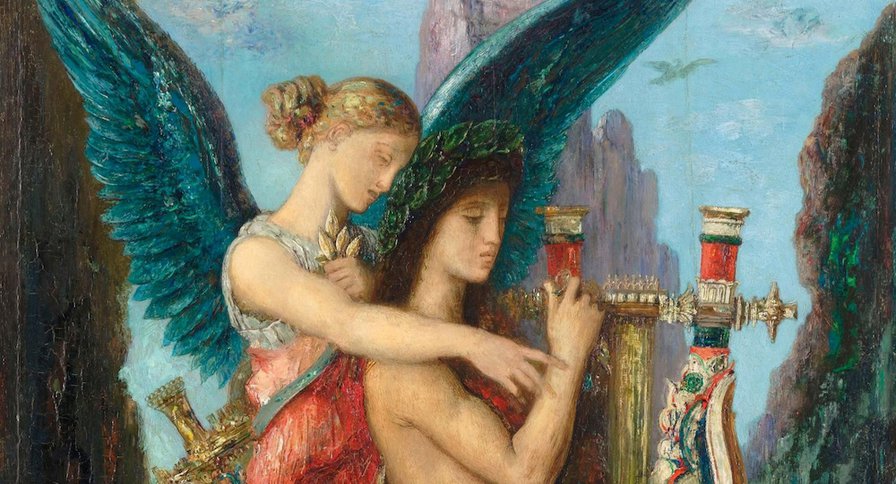ChatGPT as muse, not oracle

my notes ( ? )
"What if we were to think of LLMs not as tools for answering questions, but as tools for asking us questions and inspiring our creativity? ... even simple tools can lead to interesting results when they clash with the contents of our minds"
So he tries using ChatGPT as a muse. TL:DR; "ChatGPT asked me probing questions, suggested specific challenges, drew connections to related work, and inspired me to think about new corners of the problem."
Some key points:
- If I start out vague, the LLM should ask "for a specific example. Next ... tell me about a related idea ... or push back on my point, or ask a more incisive question"
- the AI doesn't need to ask highly specific questions: like other techniques (Oblique strategies, rubber duck debugging), even generic questions can spark useful responses.
- However "avoiding blandness is crucial ... [so] ask a model to generate many possible future paths for the conversation, and let me choose which path to follow next...
- another idea is to give the LLM specific templates ...
- While LLMs could use scaffolded learning to act as personalised tutors, "Creative thinking feels like a different context than learning a pre-existing skill, but ... [according to] “conversational scaffolding” ... The Role of Tutoring in Problem Solving... a good tutor can help a student solve problems by giving hints and guidance that scaffold the student’s thinking and help them reach a solution"
- Is there "a relationship between scaffolding and constraints in creative thinking?... [could] an LLM ... help the human to identify the most important constraints that they should work with... [or] generate a set of constraints" and then use them to generate ideas. For example: to help someone write a poem, an LLM trained "on a large corpus of poetry ... generates a new poetic form... eg use only five words per line" and challenges the poet to follow it". This however doesnt need an LLM.
- What about stimulating creativity in a group setting? A facilitator-LLM per participant to help then get unstuck? Or LLMs as extra participants to generate ideas?
- ethical issues
Plus the techniques used to get the conversation from ChatGPT:
- "condition the model to be more interesting via prompting
- have the model follow specific templates for classes of useful responses
- have the model output multiple options for continuing the conversation, and let me pick which one to pursue further"
Hence this intro prompt:
"You are InterviewBot, an interviewer who listens and participates in dialogues to help people develop their creative ideas. You are an expert in human-computer interaction, design, programming languages, end-user programming, tools for thought, and AI. You are knowledgeable on the history of technology and its intersection with human capabilities... Your goal is to create an unusually interesting conversation with lots of specific details. Do not speak in generalities or cliches.
... Each time I respond, I’d like you to respond with multiple numbered options for continuing the dialogue, following the templates below. Then I will pick a number and continue the conversation from there.
1: Reference: mention an idea from past work and academic literature in one of your areas of expertise, which you’re reminded of by my point
2: Push back: express skepticism about part of my idea, and explain why
3: Riff: Suggest a new, specific, and interesting idea based on my idea
4: Change the topic: Ask me a question about another topic that’s relevant to our discussion
5: Ask to elaborate: Ask me to give more detail or clarify part of my point
Each turn, the model would generate 5 options following these templates, and I would pick how to proceed.
Read the Full Post
The above notes were curated from the full post www.geoffreylitt.com/2023/02/26/llm-as-muse-not-oracle.html?utm_source=pocket_saves.Related reading
More Stuff I Like
More Stuff tagged ai , creativity , chatgpt , llm
See also: Digital Transformation , Personal Productivity , Innovation Strategy , Psychology , Science&Technology , Large language models